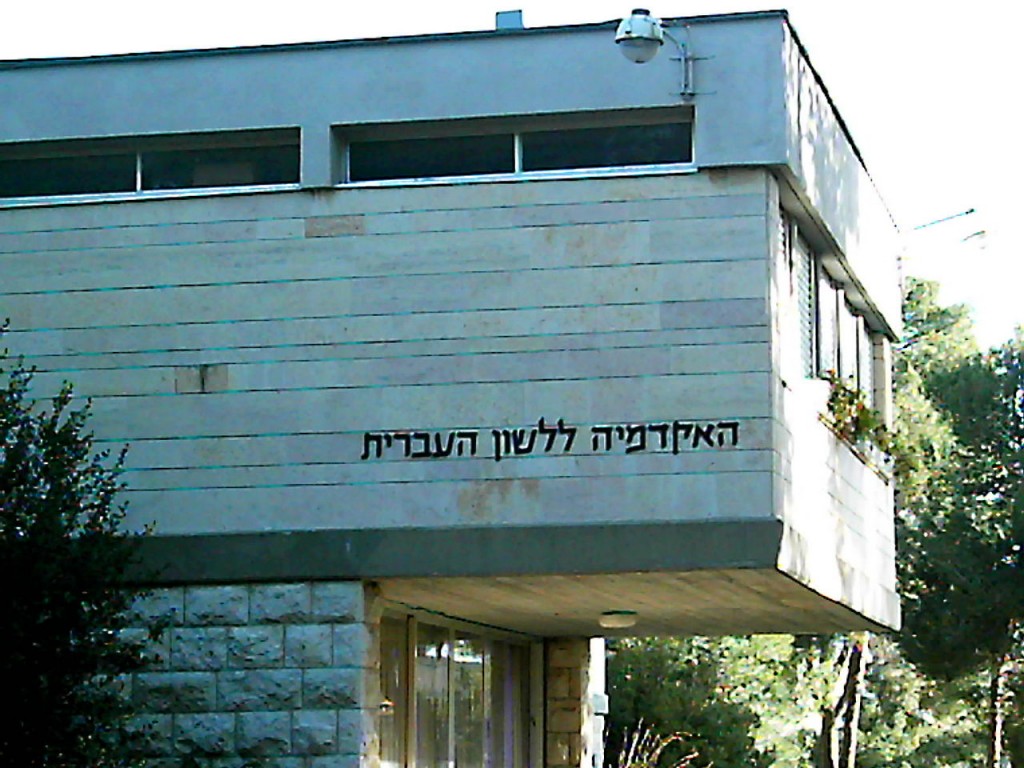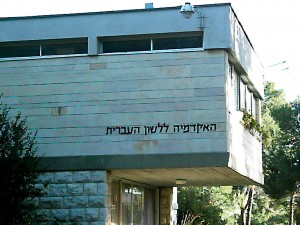The answer is connected to the purpose of your study. Do you want to be able to converse with Israelis in their native language on your next vacation to Israel or do you want to be able to read the Hebrew bible in its original language?
What are the differences between biblical and modern Hebrew?
Biblical Hebrew and Modern Hebrew are very close in a lot of areas. We can compare them to Old English and modern English as they are mutually understandable, but still very different from one another. Nowadays, Modern Hebrew is spoken by millions of people in Israel and abroad. We are speaking of a revival of Hebrew, because the language was not used as a spoken language for hundreds of years. The increasing Jewish population in the biblical land of Israel (and later in the modern State of Israel) required a common tongue, a language that was used for everyday matters by immigrants with different language backgrounds, e.g. Polish, Russian, French, etc. This new stage of the Hebrew language is deeply rooted in biblical Hebrew. A great number of words was adopted from biblical Hebrew, but other languages also had an impact on modern Hebrew, e.g. בַּיִתbayit means “house” both in biblical as well as in modern Hebrew, but “history” on the other hand means היסטוריהhistoriya in modern Hebrew, which is clearly not of biblical origin.
When you start a Hebrew course you will hardly notice a difference between biblical and modern Hebrew at the very beginning, because you start in both courses usually with the alphabet and the vowels which are the same. After this initial step the courses will introduce important biblical or Modern Hebrew vocabulary. As mentioned above, very often mutually understandable; but, how would you explain a “car” to Moses? How would you call it knowing only biblical Hebrew words? The necessity for an extended vocabulary in Modern Hebrew is obvious in order to meet modern needs.
Biblical Hebrew or classical Hebrew is the Hebrew used in the Hebrew bible, i.e. in the five books of Moses, in the prophetic books, and in the Writings. We encounter different stylistic forms throughout the biblical text, because not all texts were written at the same time. A biblical Hebrew course will focus on the grammar that is presented in the Hebrew bible. It is your job to read a Hebrew text, analyze it, and translate it into your target language. Hardly any use of the language itself is involved, because, well, there are no more native biblical Hebrew speakers left with whom we could converse in biblical Hebrew.
For a beginner the choice between a biblical and a Modern Hebrew course hardly makes a difference, because the vocabulary will be quite similar (except for words that are used only in a modern context, of course). A lot of biblical courses apply Modern Hebrew pronunciation in order to pronounce the biblical text. Therefore, you won’t have any problems since you have learned how to pronounce the alphabet already. In a biblical Hebrew course the focus clearly lies on grammar in order to understand the text properly. If you prefer a systematic approach to the verbal system instead of learning about verbs little by little, opt for this type of course, because it will provide a very thorough examination of both the verbal and the nominal systems of Hebrew.
If you have any questions, feel free to Contact Me.
More on the History of the Hebrew Language here.


